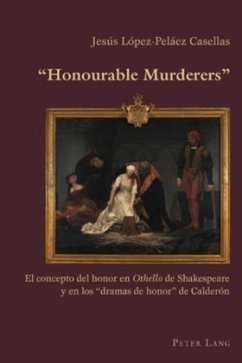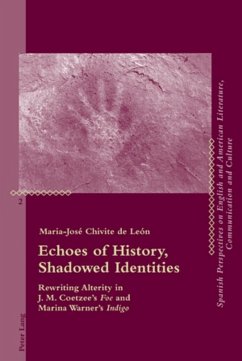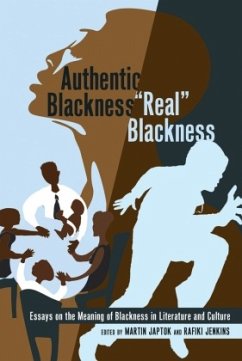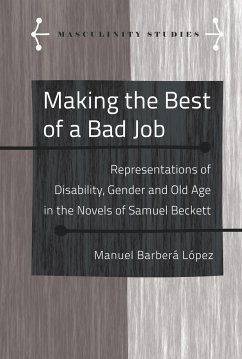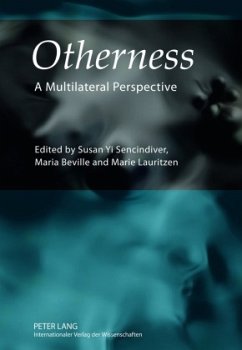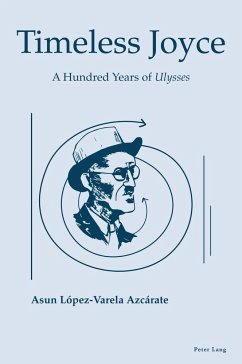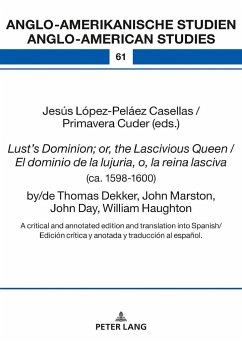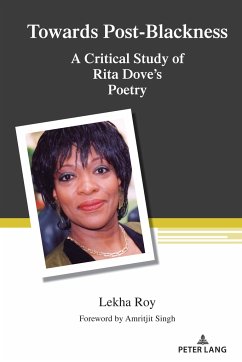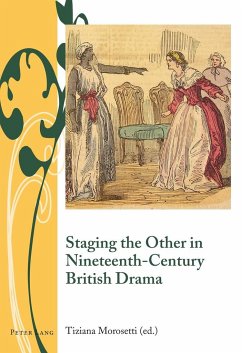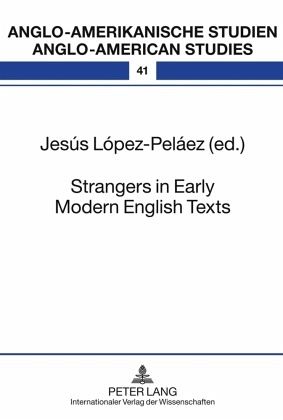
Strangers in Early Modern English Texts
Versandkostenfrei!
Versandfertig in 6-10 Tagen
74,60 €
inkl. MwSt.

PAYBACK Punkte
0 °P sammeln!
This book explores the textual and semiotic construction of early modern English identities. To this end, the contributors - scholars from various European universities - address a diversity of literary and non-literary, visual and written, texts from the 16th and 17th centuries, such as plays, pamphlets, travel narratives, dictionaries and emblematic literature, in order to determine how the textual and semiotic (re)production of strangers (be they Muslim, Black or Catholic) in these texts actively participates in the early modern shaping of English identities. In order to explore these proce...
This book explores the textual and semiotic construction of early modern English identities. To this end, the contributors - scholars from various European universities - address a diversity of literary and non-literary, visual and written, texts from the 16th and 17th centuries, such as plays, pamphlets, travel narratives, dictionaries and emblematic literature, in order to determine how the textual and semiotic (re)production of strangers (be they Muslim, Black or Catholic) in these texts actively participates in the early modern shaping of English identities. In order to explore these processes the authors apply a diversity of critical tools, such as cultural materialist and cultural semiotic (Lotmanian) methodologies, among others.



